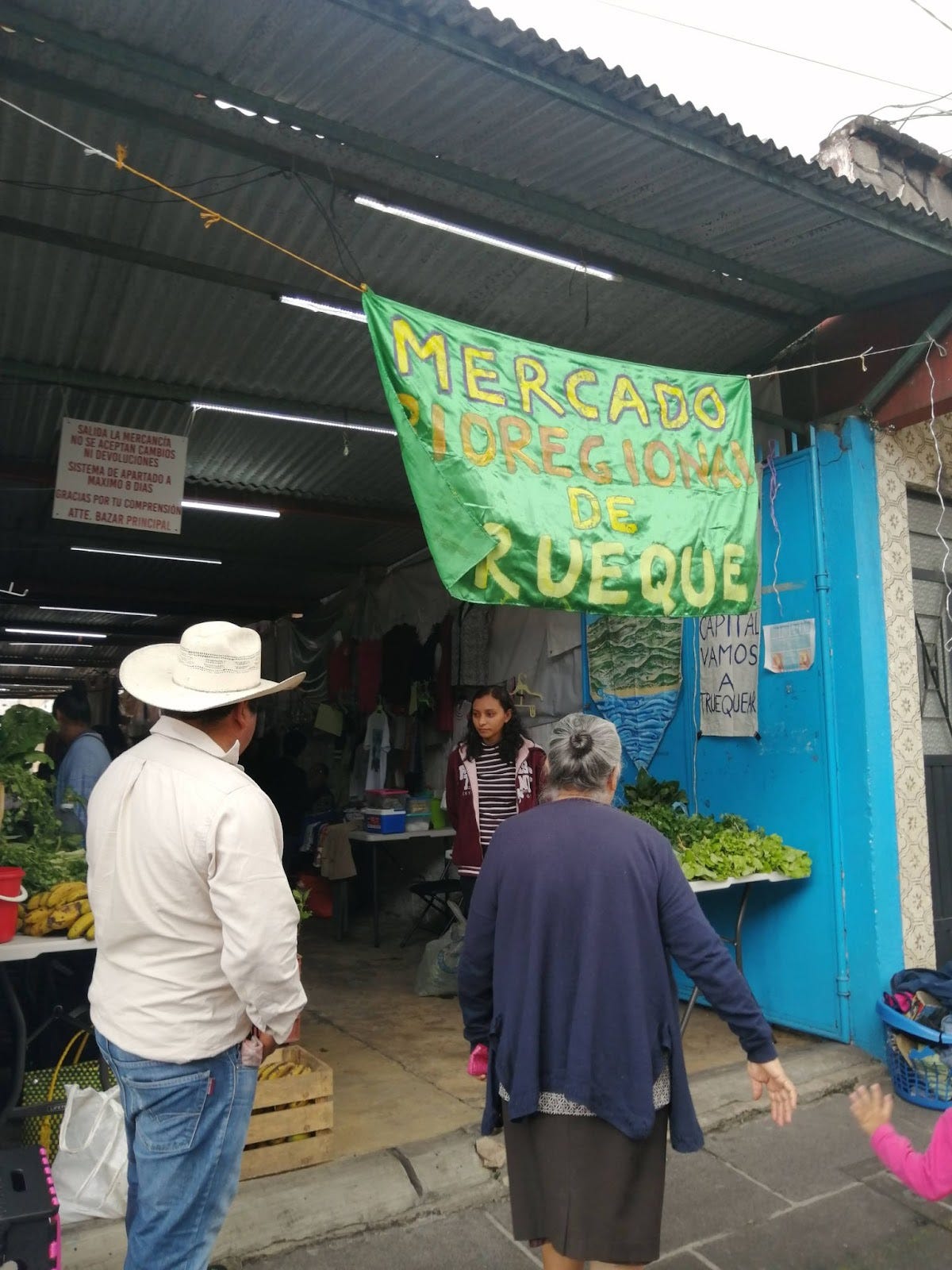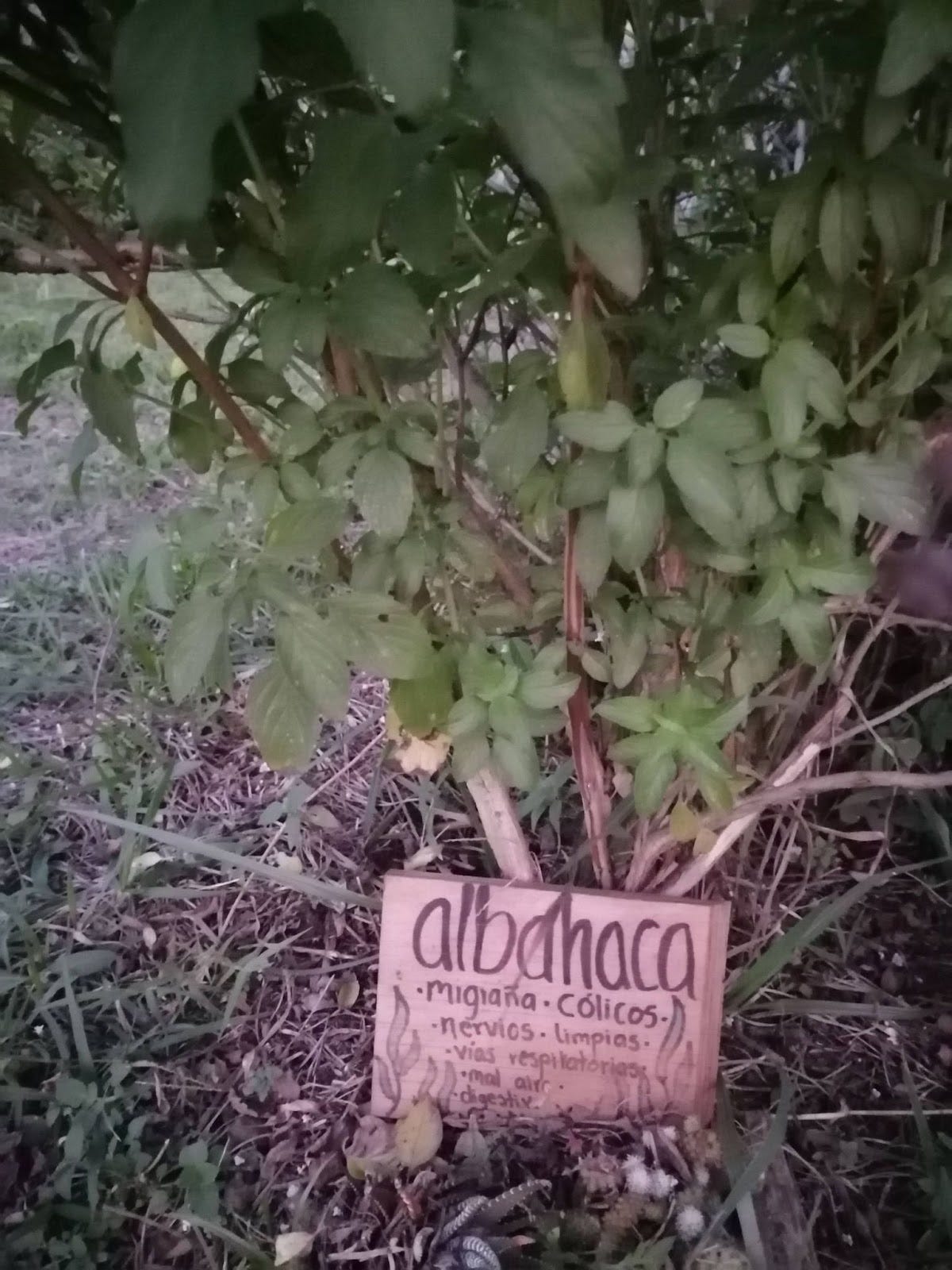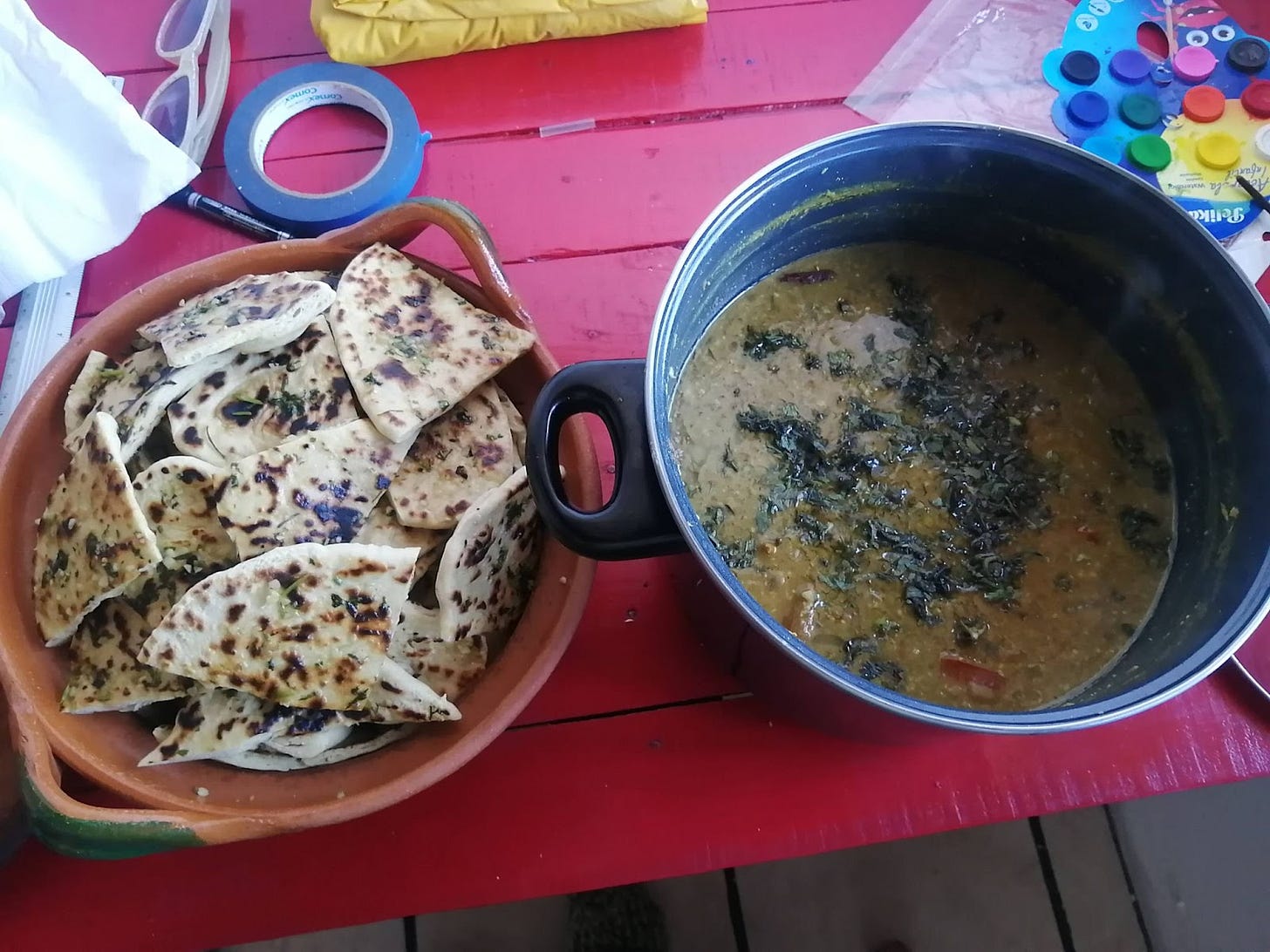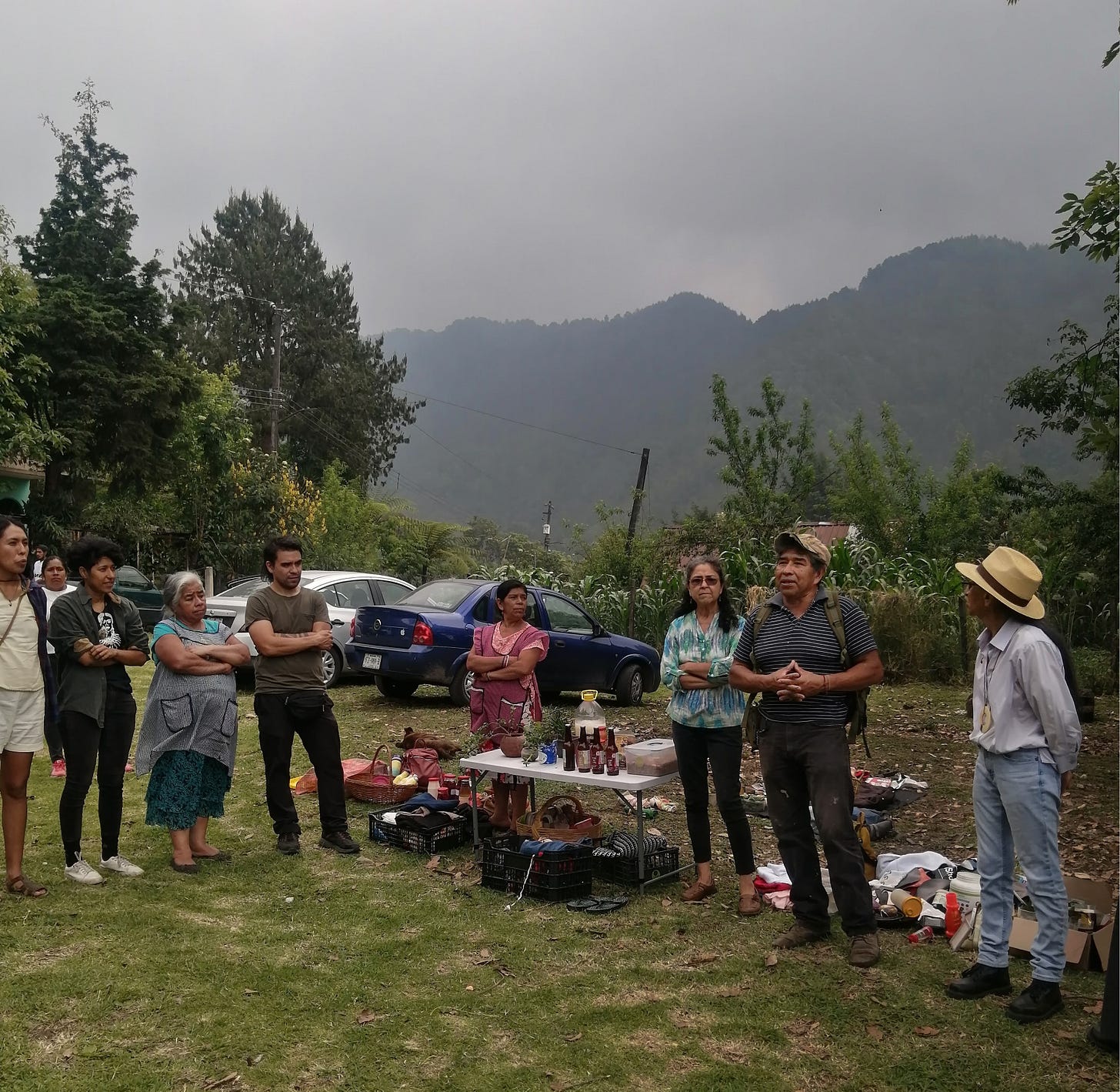Would you give away something for nothing?
For most of us, the idea is almost unthinkable.
“Giving away something for nothing? Why would I do that? What’s in it for me?”
In Singapore, where I was born and raised, we have a very practical (pragmatic?) outlook on life – I’ll only do something if my own position is improved as a result. I believe this is the case in many parts of the world that hold a more individualistic perspective.
Yet, in my small community in Xalapa, Veracruz, Mexico, giving things away is not unusual at all. In fact, it often happens in the trueque bioregional.
This is a monthly barter market organized by members of different communities in the region, a diverse community of humans who come together with the idea that: if it doesn’t serve me, perhaps it can be of use to someone else.
“Te lo regalo!” is a common phrase heard at these barter gatherings. It’s my gift to you.
For many people who attend the trueque, their mindset is that it is better to give away the items that they have brought to trade, rather than to return home with them.
I once brought homemade Sriracha hot sauce to the trueque.
Ever since then, people come up to me and tell me – “I have glass bottles and I know you make sauces, te los regalo”.
I’ve had people bring me clothes – “you’ll look beautiful in this dress my daughter no longer wears, take it, te lo regalo”.
The thinking, as I understand it, is that if someone can be better off because of this thing that I have no need or use for, then it makes no sense to keep it – even if the receiver cannot offer anything in exchange.
You might be wondering – that doesn’t seem quite like the concept of a barter economy.
Perhaps it isn’t.
But perhaps, we’ve misunderstood what barter communities actually are and how they really operate.
Trueque /tɾweke/ trweh-keh
We all know that the economy is an integral part of “modern society”. It dictates much of our lives, and often homo economicus – the economic man – is considered to be the rational man, and the foundation for society.
The homo economicus is a narrowly self-interested creature who makes decisions that produce the highest-possible benefit to himself.
And if there is no benefit to him? There is no reason to perform this action – even if there is benefit to others and no cost to him.
This is taken as “truth” and is the basis for a lot of how local, national, and global economies are shaped, based on the ideas of “great economic thinkers” like John Stuart Mill and Adam Smith.
But is it really true? Or do engineered “economic forces” create this economic man and force him to behave in a certain way?
In many ways, our lives are constrained by our financial ability – the boundaries of what we can and cannot do are often delineated by how much money we have. But our worth, indeed our contributions, are not limited only to how much money we have.
What if there were alternative ways to reimagine the economy? What if there are different ways that we each get what we need to survive and thrive, without depending on money?
In the trueque bioregional, this dream of an alternative economy that sustains its participants apart from the yoke of capitalism is taking form and becoming a reality.
A, a baker and food sustainability activist is a long-time participant in the trueque. She always turns up with incredible baked goods - homemade sourdough rolls, freshly made bread with herbs, and sometimes even vegan pizza. In our conversation, she shared:
This barter community provides us with food that our friends produce in the region, plants with which we learn to heal ourselves, and some things that we seek to reuse so as not to become garbage.
But not only that, we create a community which is woven from trust and affections. We share knowledge, smiles, dreams, and this reality is built on our thoughts, feelings, and actions.
Bartering helps us rethink our needs, outside of the logic of progress that tells us that everything is growing and unlimited, to make us more aware of what we consume and what is vital.
“We need to live simply so that others can simply live.” – Gandhi.
What does a barter market offer?
Many of the people who participate in this barter market live in smaller, more rural communities, outside of the urban center of Xalapa. They have small huertos, vegetable gardens where they grow fruits and vegetables. Perhaps they have some chickens or some other livestock. They may produce their own eggs, milk, and cheeses, as well as sauces, conserves, and preserved foods.
Participating in the barter community is a way for them to bring what they produce to other people – and for them to get access to products from other members of the community.
Tending a huerto is hard (never-ending) work, and these folks don’t often leave their farms to venture into the cities.
F, community leader and multi-generational dairy farmer in a village about 1.5hrs away from Xalapa, observed:
It is difficult for us to bring our products to the city. The roads are poor and it takes a lot of our time away from tending to our farms, our animals.
That’s why we are grateful that we can participate in the Trueque Bioregional — it allows us to share what we cultivate with others, in exchange for products we cannot grow or produce here.
It is also a pleasure to share our customs with the younger generation. When we see that you young folks have an interest in learning how we produce our fresh cheese or want to know how we care for our cows which are like a part of our family, it gladdens our hearts that this knowledge will not be lost, that it will be passed onto future generations.
For those of us who do live in the city, this barter community is a way of getting our hands on locally grown (organic!) produce, free of pesticides and herbicides – produce grown with love, care, and attention. We also get homemade or handmade goods, and find ways to give second life to items we may not have use for but still may serve someone else.
N, a gentle parenting practitioner and biologist, values the trueque for the opportunity it affords her in raising her child to appreciate and value a more sustainable lifestyle.
In these spaces, I can teach my child about where the food we eat comes from and how much work goes into producing everything we consume. It’s not like going to a supermarket and all the food is just there for you to take.
He starts to see from a young age that we are not disconnected from our community, the lands that we grow our food on, and everything in our environment.
He is more cognizant of not generating waste, of finding ways to reuse or repair things that are broken, and aware of the impact we have on the spaces we inhabit.
Her son, E, aged 4-almost-5, adds:
We need to protect the trees and plants because without them there is no life!
It seems little E has grasped at his young age what the rest of us “developed folks” are still trying to wrap our heads around…
Us city-folk also cherish the opportunity to gain access to ancestral wisdom and the intimate knowledge that comes from living and working closely with the lands. Knowledge of medicinal herbs, plants of restorative nature, the curative powers of certain foods – this is information that has been lost to us through radical urbanization and an increasing disconnect from everything that we consume.
From the señoras (elder ladies) at the trueque, I’ve learned that the humble basil plant (albahaca), apart from being the base of delicious pesto, can be used to treat migraines and cramps, and to aid digestive function. That the common rue (ruda) is not only a beautiful ornamental plant with bluish leaves but also a repellent for ants that destroy crops and has abortive properties.
I once had the opportunity to learn how to make cheese from scratch from some of the ladies at the trueque. They invited us into their home, where they showed us how they still use traditional methods to make cheese – from separating the curds from the whey, manually scooping the curds into molds to shape the fresh cheese, salting it liberally, and weighing it down with heavy stones to squeeze out the excess liquid and help it set.
Undoubtedly, it was the best cheese I have ever tasted, not least because I made it with my own hands.
All this and more is freely shared in the course of the trueque. One only has to ask.
The barter market is not just an exploration of how alternative economies can be sustainable, but something much bigger, something deeper.
It is a rekindling of the spirit of community.
When we come together as a collective, each with individual gifts to offer, we start to see each other as essential to our well-being.
We reevaluate the idea of waste – What is waste? How can we create less of it? How can we manage our consumption to reduce waste? How do we treat our waste to reduce our impact on our environment?
These are all essential questions that we begin contemplating as we integrate ourselves into this barter community.
Trading naan and lentil curry for a variety of other goods.
The Spirit of trueque
At its essence, I think that the trueque is more than a simple barter market.
Now in its fifth year of operation, the trueque brings together people who care about something bigger than themselves.
Sure, it may have started off as a way for people to find a new home for baby clothes their children have outgrown or exchange a surplus of lettuce for some homemade tamales, but it has evolved beyond that.
There is a sense in the community that people care about each other.
That’s why “te lo regalo” / it’s my gift to you is such a common refrain.
There is careful intentionality behind things that are contributed to the trueque — participants (especially new participants who have not cottoned on to the spirit of this community) are encouraged to give careful consideration to the recipient (“what would someone else want?”) rather than approaching it from the perspective of the self (“what can I get rid of?”).
When I barter the food I bring (almost always some variety of Asian cuisine like chicken curry and naan or handmade dumplings), I sometimes get a little extra something in addition to the agreed upon barter – a serving of food for an oregano plant (but also have a cup of tepache) or a plate of dumplings for 2kg of chayote (and also take this fresh spinach from the garden).
What this does is it creates a sense of reciprocity.
I may not be able to offer something of value in that very moment, but it fosters ties to the community – because you have benefited from the kindness and generosity of others, so you seek to pay it forward. Either to them in the next trueque, or by making gifts of what you have to others.
Another aspect of the spirit of trueque that strikes me is the emphasis on the value to the receiver, rather than a monetary figure. Bartering is prioritized over cash transactions so it prompts participants to examine what something is really worth to them.
Is a banana worth a bundle of spinach? Is five bananas? How does the value of a kilo of coffee compare to a pair of jeans? What about a hat? Or ten tacos?
The thing is, for the trade to happen, both parties need to be satisfied with what they get out of it. And so we start to put ourselves more into each others’ shoes – sometimes even offering above and beyond what the giver might want for a highly coveted item.
Bring el trueque to your community
At the trueque bioregional, this is how things go:
On the appointed date, people participating in the trueque gather at the designated location.
The location changes for each iteration of the trueque - people from the different towns and villages participating in the trueque take turns to host the event. This gives more people a chance to attend (especially if travel is a challenge) and to spread the word about the project.
It’s often hosted in a communal space, no rent is charged or paid (unless someone volunteers to sponsor it). As far as I know, the trueque has taken place in community halls, event spaces, empty basketball courts, public parks, or even someone’s yard.
Everyone chips in to bring what they can - tables to display goods, blankets or rugs to spread on the ground, and even tents or plastic coverings for some shade/shelter from weather if necessary.
At the start of each trueque, all the participants gather in a circle. Everyone takes turns to introduce themselves and share what they have brought. You can contribute just about anything, so long as it is something you have produced, created, transformed, or 2nd-life items.
Contributions to the trueque range from clothes, accessories, plants, fresh fruits and vegetables, cooked/preserved foods, sauces and conserves, and toys. People also barter services like massages, holistic health products and services, photography and more. I once even saw a rooster and puppies being traded!
After the introductions, there is a common vote to decide where and when the next trueque will take place. Once that is determined, the trueque is officially in session!
Often, what happens is that everyone sets out to make their exchanges. There are some straightforward barters that take place in a 1:1 exchange.
A kilogram of lychees for a bottle of kombucha. A pair of handcrafted earrings for a dozen eggs. Some stewed pork tacos and a bottle of chiles preserved in vinegar for a handmade sombrero.
There is no set way for these interactions to take place. Everything usually begins with a smile and a simple “what did you bring today?” or “I brought …, would you be keen?”.
Everyone is free to accept or deny the requests as they wish, but most people find some way to make it work, even organizing three- or four-way exchanges.
It is also not unusual for people to gift or give away their goods once they have traded for the items they need – there is a mentality not of getting the most “value” out of participating but also simply making sure that the items that they have brought benefit someone else.
There’s a strong community spirit and it is not unusual for people to bring special gifts for other people at the trueque, especially for long-time participants of this community. E.g. if you received some food as a gift in the previous trueque, you would bring something as a gift for that person the next time.
It is often not a 1:1 trade, so that lays the foundation for relationships to be built and for them to extend beyond just the moment of the trueque.
For example, if you were gifted a sweater at a trueque but didn’t have anything to give in exchange, in the following trueque, you might bring them some fresh herbs from the garden and a loaf of bread. They might reciprocate with a bottle of homemade hot sauce, and so on and so forth.
Truly, there are no rules – just an expectation that you have each other's best interests at heart, and treat everyone with respect.
Trueque: Not Just a Marketplace, but a Space For Us All
As a foreign transplant to this country, the trueque has been my pathway to integrate into the local community and form and foster meaningful bonds.
Coming from Singapore, a highly developed country that prizes efficiency, this idea that economic transactions don’t have to be soulless and purely transactional was a novel one for me, and one that I have greatly relished in the years that I have participated in the trueque.
At its core, the sheer existence of the trueque, growing and expanding with each subsequent iteration, offers a glimmer of hope – that alternative economies are possible. That we can create more sustainable (even circular?) economies that are not solely dependent on extraction and exploitation but also on care and community.
It seems really simple, but I think that the trueque gives us a chance to delve a bit deeper, to go beyond what we have been told and taught is the norm, is acceptable, is possible – to discover other forms of existence (and resistance!) in order to create abundant futures for us all in a way that nurtures and nourishes not just us, but our planet as well.
Special thanks to Jin Shaun of Stranger Conversations for our strange conversation which inspired this article and his initial feedback on early drafts.
If you found some value in this article, please consider showing your appreciation by making a small one-time contribution below.
Interested in working with me in a 1:1 capacity? Some new options are available: Check them out here. Or reach out via email. Custom packages available (and I offer non-travel-related coaching too!) Oh, and yes - we can make a trueque.

















